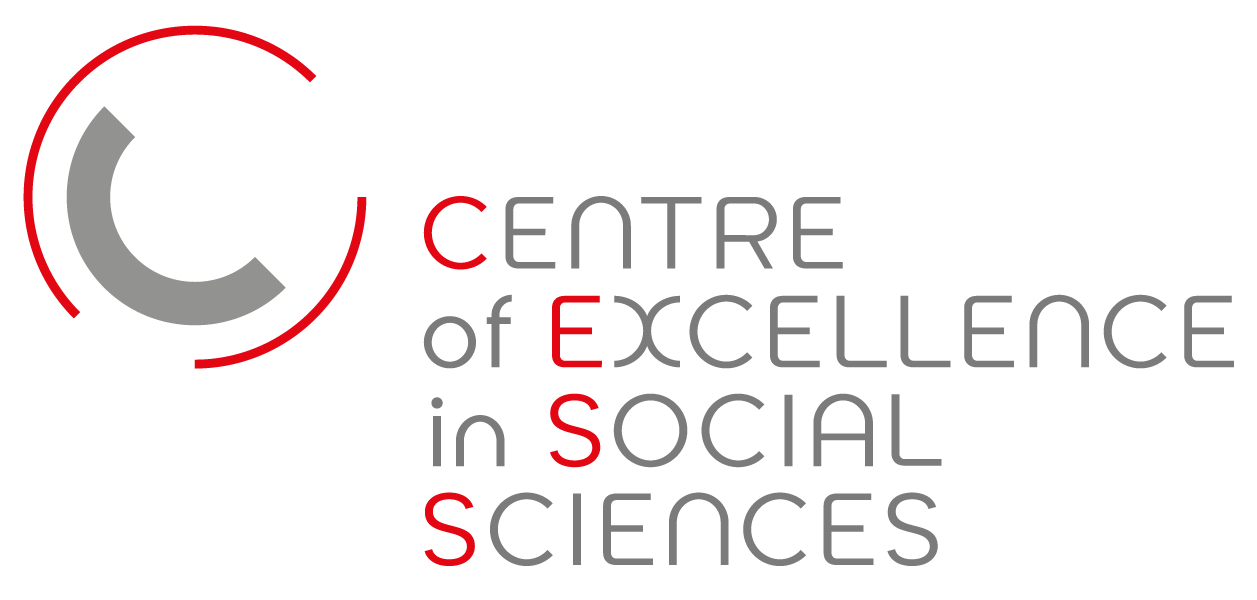Seminars 2022/2023
Interdisciplinary Seminar in Empirical Social Science (ISESS) is a monthly seminar series that brings together scholars from diverse backgrounds in social science who are interested in comparative empirical research. It creates a unique interdisciplinary and inter-institutional forum to present work in progress and receive feedback. All meetings will be held in English.
The ISESS seminar is affiliated with the new Centre for Excellence in Social Science at the University of Warsaw, which is part of the Excellence Initiative – Research University (IDUB – a program funded by the Ministry of Science and Higher Education).
In the academic year 2022/23 the seminar is convened by Natalia Letki and Dawid Walentek (Politics) and Paweł Kaczmarczyk (OBM/WNE). The seminars are held on last Tuesday of the month (with the exception of October and December), at 4 pm. The Seminar will be held in the Seminar Room of Centre of Excellence in Social Science, BUW Building, Dobra 56/66, Room 2.90.
To register for the Seminar and receive the Zoom invitation, please follow this link.

